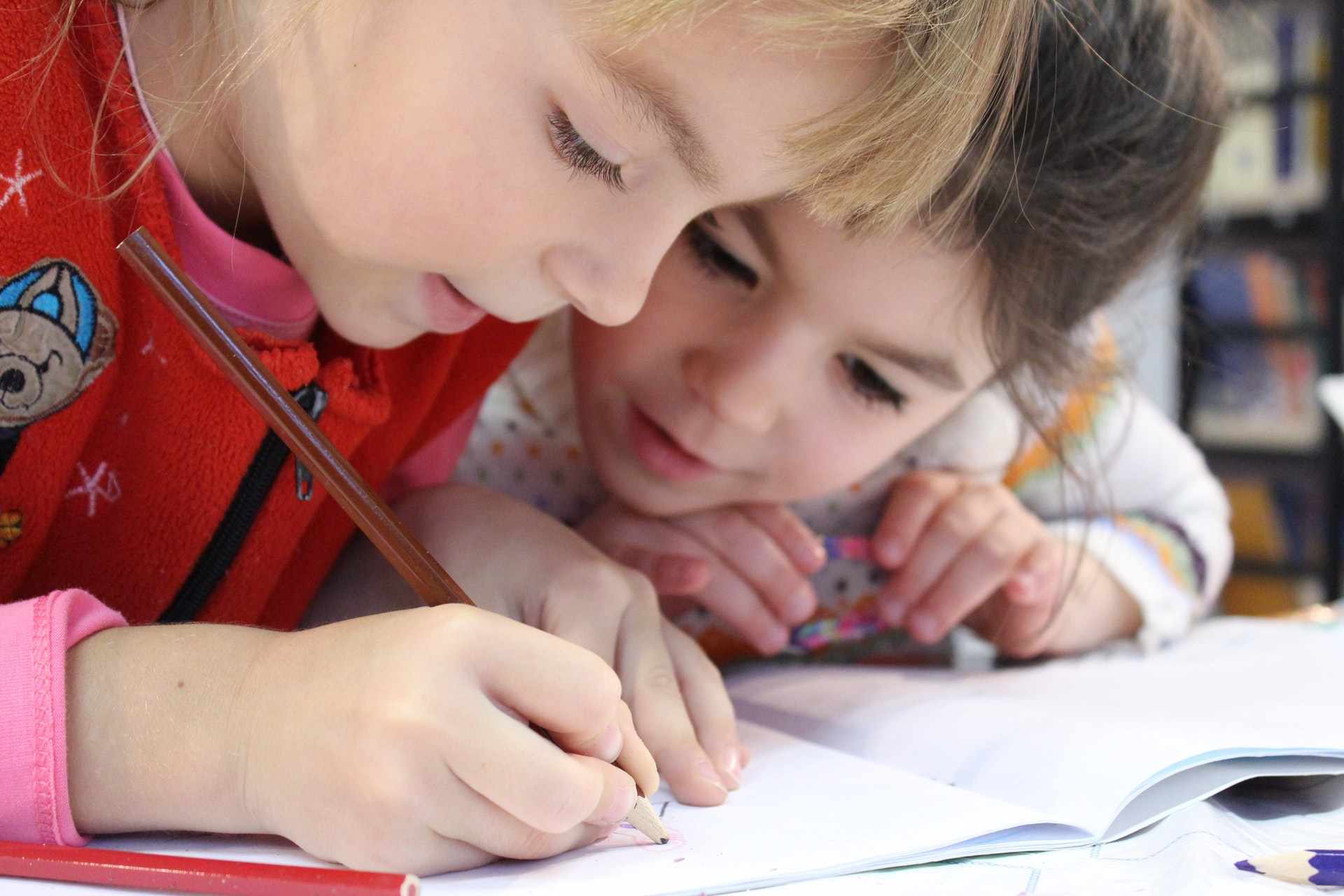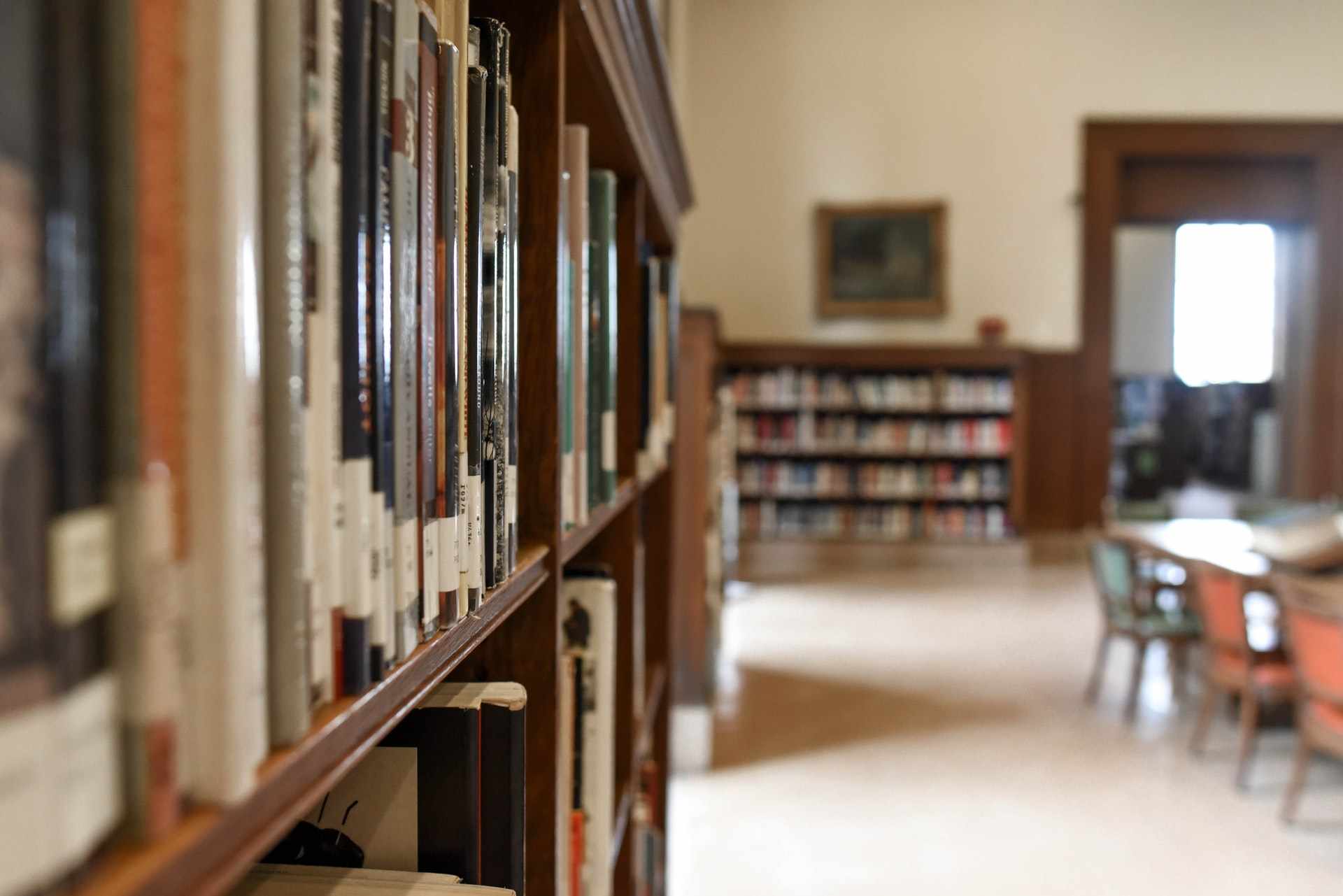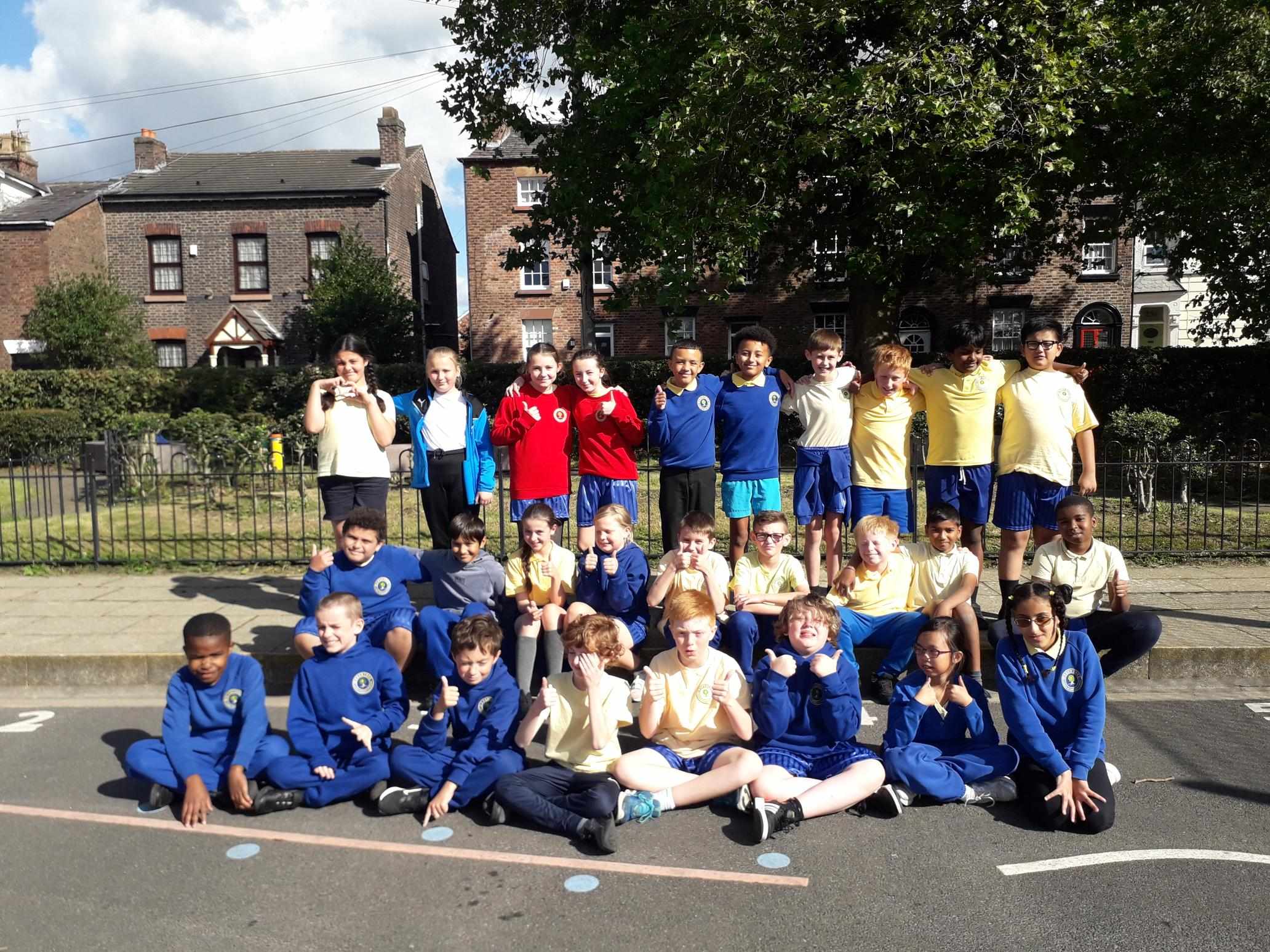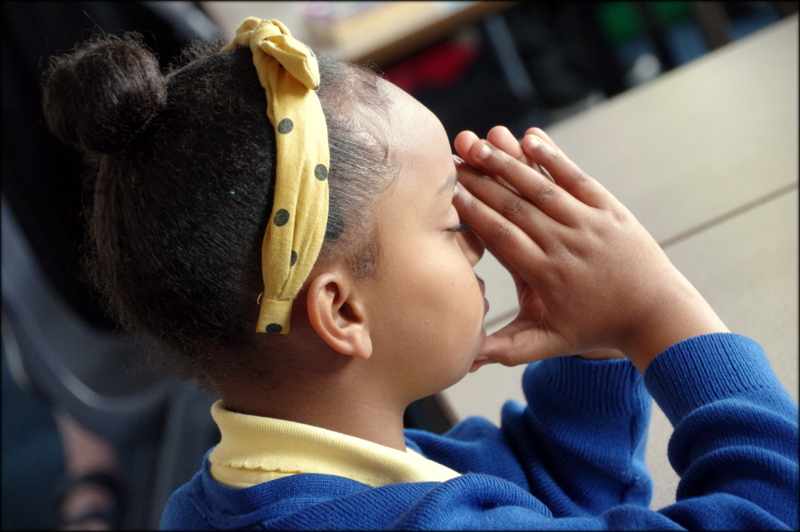French
CurriculumCurriculum Statement of Intent
Bonjour et bienvenue!
At Wavertree Church of England School, every child in Key Stage 2 has the opportunity to study French as our chosen foreign language. It is widely believed that the early acquisition of a foreign language facilitates the learning of other foreign languages later in life and as such, we are providing our pupils with the tools and skills required to do this.
The sentiment and values contained within our school mission statement of ‘Belong, Believe, Achieve,’ form a central theme that runs right through our provision of French language lessons. Learning French helps us to belong to a number of different communities, to believe in ourselves and in other people and cultures around the world and to achieve a whole range of different goals from personal progress through secondary school and beyond to success and influence in our roles as global citizens.


Curriculum Intent - BELONG
In accordance with the guidelines and expectations set out in the national curriculum for languages we aim to ensure that all pupils:
understand and respond to spoken and written language from a variety of authentic sources
speak with increasing confidence, fluency and spontaneity, finding ways of communicating what they want to say, including through discussion and asking questions, and continually improving the accuracy of their pronunciation and intonation
can write at varying length, for different purposes and audiences, using the variety of grammatical structures that they have learnt
discover and develop an appreciation of a range of writing in French.
Furthermore, we aim to engage children in their learning and increase their curiosity about French and other languages in general so that they will develop a love of language learning which will serve them well both during their time at Wavertree and beyond. We also seek to develop their confidence and desire to communicate with others in French, as well as their ability to express themselves in both speech and writing.
In promoting a respectful, positive and engaged attitude towards another language in our school, we hope to engender respectful, positive and engaged attitudes in our children towards the various people and cultures that speak French (or any other language different to their own) across the world.
In providing a high quality, broad and challenging French curriculum that is relevant, fun and engaging we aim to give our children the knowledge, confidence and curiosity to belong to the French speaking community within our school, to the French speaking community they will encounter in secondary school and the French speaking community in the wider world. In addition, by providing frequent opportunities to compare French to English and to compare French speaking cultures to our own we aim to strengthen our children’s understanding and sense of their own identities.
Curriculum Implementation – BELIEVE
Planning
The French teaching and lessons that we provide at Wavertree are firmly based in the aims of the National Curriculum. To ensure this we use a purpose made, integrated scheme of work produced by the specialist MFL team at School Improvement Liverpool that covers the learning across the whole of KS2.
Lessons are organised within a series of half termly units. Each unit has its own theme and a number of age appropriate learning objectives. Each lesson is planned so that it builds on the learning of the previous lessons in the unit. Similarly, each unit builds on the learning of previous units and each year builds upon the learning of the previous years.
For example, the unit of work in Autumn Term 1 for Year 3 in part focuses on body parts and basic colours. When the children move on to Autumn Term 1 in Year 4 they not only learn a greater range of colours but also how these colours are used to describe specific body parts such as hair and eyes.
In this way we ensure appropriate age related learning and progression from the time pupils begin their French lessons in Key Stage 2 until the time they move on to the next stage of their language learning in secondary school. As a result of all this, we enable our students to believe in their linguistic abilities and the progress they are making.
What Learning Looks Like
Lessons are delivered by an external specialist language teacher who visits each KS2 class once a week. This teacher is a fluent and usually a native French speaker. Not only does this ensure the quality and authenticity of the language that the children are taught but also allows our children to believe in the genuine nature opportunities to communicate in French that they get. This in turn provides a powerful motivation to practice, learn and improve.
Languages are acquired in a variety of ways and so our French lessons incorporate a wide variety of teaching styles and activities to reflect this. Language is modelled, acquired and used through games, songs, role plays, online, directly from the teacher, in conjunction with class mates, standing up, sitting down and moving around not only to accommodate the variety of ways that children will learn best but also to maximise enjoyment and make as many connections to real life situations as possible.
Lessons focus on speaking and listening. However, when appropriate, children record written work informally in books which are passed through the years and become a portfolio of their learning.
While class teachers do not directly teach the weekly French lessons they play an active and important role in the children’s learning by using their personal knowledge of class members to encourage, support and maximise learning by all individuals.
Class teachers are also able to create shorter and less formalised opportunities to support and reinforce the relevant learning outside of the allotted French lessons during the course of the school week. Indeed, we see this kind of integrated language learning as an important strategy which maximises the amount of MFL teaching and learning and at the same time provides valuable real world opportunities to acquire and use the language.
Examples of this integrated learning include things like: daily greetings; taking the attendance and dinner registers in French, signs labelling places and people around the school and use of commonly used phrases throughout the school day e.g. ‘Excuse me’, ‘Stand up’, ‘Raise your hand’ etc.
Each unit also comes with its own Knowledge Organiser which contains the key vocabulary, language structures, grammar points and pronunciation which the children have access to during school time.
Curriculum Impact - ACHIEVE
The sense of achievement that our children get from being able to understand the French spoken to them and then in turn being able to respond appropriately by producing their own French is one of the most satisfying aspects of the subject.
Achievement can be seen very clearly on a weekly basis within each lesson during the various activities and games they take part in and so it is one of the main ways we assess the children’s progress. Both the specialist French teacher and the class teacher pay attention to and record how children perform in relation to the National Curriculum referenced learning objectives of each lesson. Any relevant observations and assessments are then shared with each other on an ongoing basis.
In addition to informally assessing listening, speaking and reading contributions any written work produced by pupils is assessed and kept to form a portfolio of work which can be assessed over longer periods.
At the end of each half term class teachers fill in an assessment sheet for the unit making note of how pupils have performed in relation to the National Curriculum referenced learning objectives for that unit. These sheets are then kept in the MFL coordinator’s assessment file in order to build up a longer term picture of learning, achievement and progress.
In addition, the subject coordinator will also observe French lessons across KS2, distribute pupil questionnaires and hold pupil voice interviews in order to corroborate assessment findings and to determine the extent to which the learning and achievements have stuck with the pupils beyond each unit of work studied.
The findings of these actions, along with any relevant information and strategies related to developing and improving our MFL provision are shared with the Senior Management Team, the relevant School Governor and at staff meetings as appropriate.
Achievement in French is further promoted and manifested on a daily basis as children are encouraged to greet and communicate with members of staff, and each other, as they move around the school. Our corridors regularly echo to the sounds of, ‘Bonjour’, ‘Comment ca va?’ and ‘Au revoir’. In fact, if you didn’t know better, sometimes you might think you were in Lyon not Liverpool!
But, wherever we are, we definitely believe in celebrating what we achieve. We do this not only by regular praise and positive feedback to the children, but also by the award of a weekly French Certificate for the child who has stood out in their lessons or in their efforts to communicate in French around the school.
Overall, we feel proud of the achievement of our children in French in relation to their progress during their time with us. We develop and prepare our pupils for language learning lessons they encounter in secondary school and in terms of them being able to represent themselves, our school and the wider community as they go through life as global citizens.





